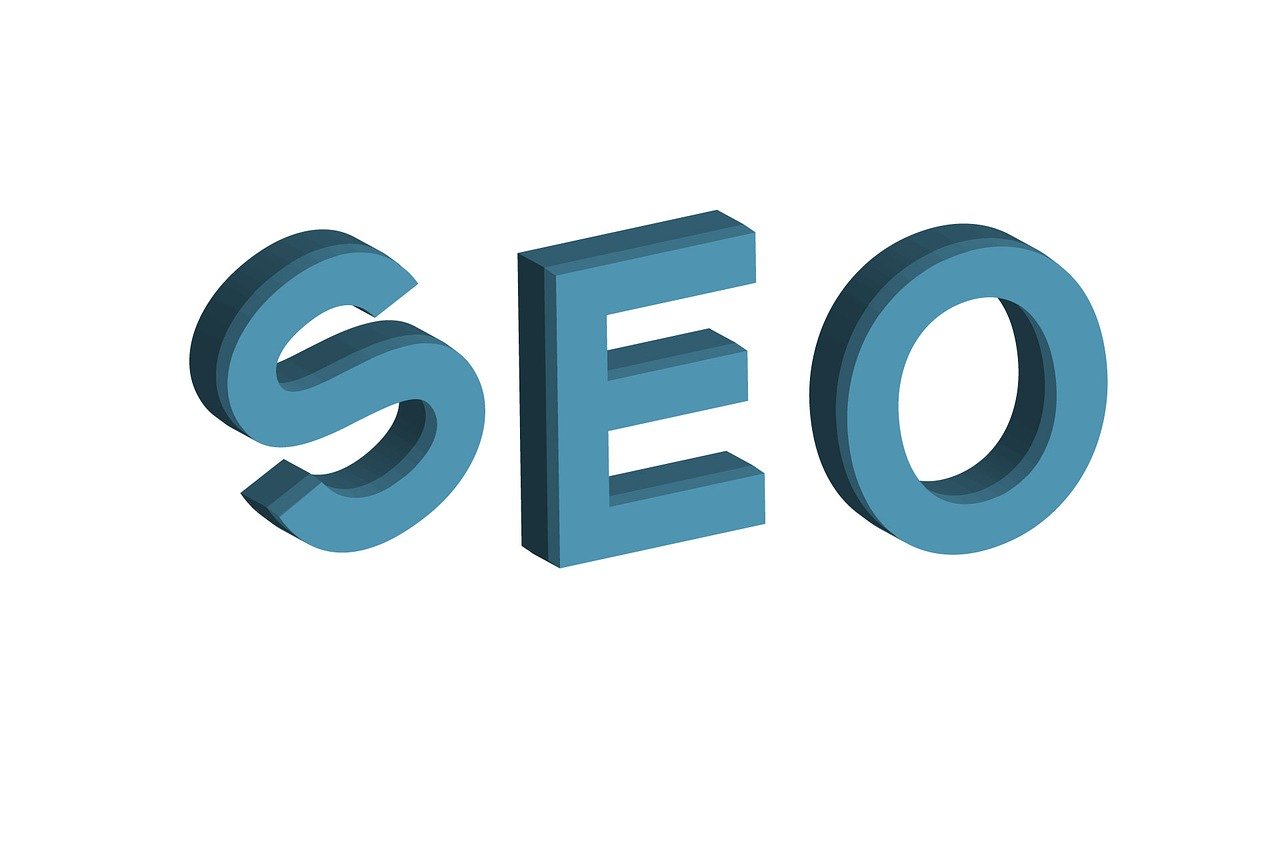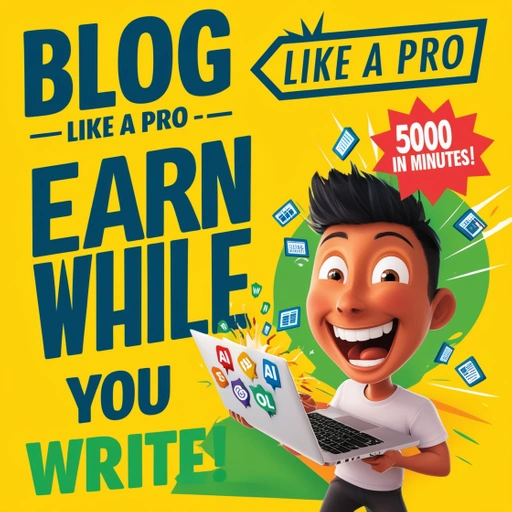SEO Strategies for Bloggers:Getting Your Blog Noticed in 2024
If in 2024,you are a blogger who is looking forward to getting more audience,then SEO or Search Engine Optimization is a no-negotiable thing. With thousands of blogs competing for attention,if you do not know the right strategies to boost your blog ranking,then it's where your success will be doomed. Worry not; we've got your back! Here's everything you need to know about the best SEO strategies you need to get your blog on top of the search page results, whether you're based here in the U.S. or Pakistan.

What is SEO and Why Is it Important for Bloggers?
Defining SEO:The Basics
SEO stands for Search Engine Optimization. In simple words,it is about optimizing your blog to help search engines like Google detect it,index it,and rank it in search results. The better optimized your blog is,the more visible it will be,and the more organic traffic you can drive.
SEO and Blogging:How They Work Together
Good content will never get discovered without SEO. Optimization of your blog ensures that it is available when the search terms are matched. Think of SEO as the machinery driving your blog to success,where it finds you for people automatically.
Understanding Keywords:The Basics of SEO
What Are Keywords?
Keywords are the words or phrases that the reader types into the search engine while looking for content. If you are writing a blog post about "AI writing tools," your primary keyword would probably be AI writing tools. Keywords link your content to your desired target audience,who are searching for your content.
Finding High-Volume Keywords
In order to be competitive in 2024,target those keywords with high search volumes. People are going to look for these keywords. You must find the keywords in tool-based lists through tools like Google Keyword Planneror Ubersuggestthat have an appropriate mix of volume with competition.
Use Free Tools for Keyword Research
Luckily,there are free tools,like AnswerThePublicand KeywordTool.io,where finding relevant words becomes incredibly easy. Use them to discover connected search terms that may attract more targeted readers to your blog.

On-Page SEO Techniques for Bloggers
Creating SEO-Friendly Titles
The title is what both searchers and search engines first look at. Use your main keyword in the title and keep it as short as possible,ideally shorter than 60 characters. A great title can greatly increase the rate of clicks.
How to Write Meta Descriptions that Pull in Clicks
Your meta description is the elevator pitch for your blog. Aim for it to be short,contain your main keyword,and be enticing enough for users to click. Google usually displays 150-160 characters so make those count!
Optimize Headings and Subheadings for SEO
SEO optimization ensures that search engines love organized content. Headings like H1,H2,and H3 are not just for humans,but also ensure that search engines can understand how the content works. Thus,make sure that each heading is clear,keyword-rich,and also directly related to what they introduce.
Learn more on how AI tools optimize blog SEO here.
Use of Internal and External Links in Ranking
Internal links—meaning links that take readers to other pages on your site—and external links,which refer to linking out to high-quality,reputable external sites,tell Google that your content is worth something. Linking to great content also improves the user experience.
Content Optimization:The Heart of SEO
Writing Engaging,Informative,and Unique Content
Content is king. To rank high,you need content that's not just SEO-friendly but also engaging. Keep your readers in mind while writing. Your posts should read like a friendly conversation—clear and insightful.
Keyword Placement and Density: How Much is Too Much?
Keyword overuse can play a negative impact on your SEO. For some general wisdom, keep the keyword density at or below 1-2%, so your keyword phrases are organically spreading throughout your article.
Want to know if AI can help you create blog content? Read more about this.
Image Alt-Text
If you forget to optimize images, it also means losing image search visibility. Alt text is not only good for your visually impaired readers, but it also gives you good visibility in the search results for images.

The Psychology of Backlinks in SEO
How Backlinks Influence the Authoritativeness of Your Blog
A backlink is when another site links to your content. The more high-quality backlinks you have, the more trustworthy and authoritative your blog appears to the search engine.
How to Obtain Quality Backlinks
Some other methods of securing backlinks are guest posting, influencing, and infographics that other people can share. That means quality content will attract links from other bloggers and websites just because of their quality.
Mobile Optimization: Why It Matters in 2024
How to Ensure Your Blog Is Mobile-Friendly
Over 50% of searches happen on a mobile. If your blog isn't mobile friendly,that's such a huge audience left behind. So do ensure you take the responsive design route so that your blog looks good on any size of screen.
Watch this YouTube video for more tips on how to mobile-optimize. [YouTube Placeholder]
Page Speed Optimization for Better Rankings
Google cares about page load speed. A slow-loading page drives visitors away and can hurt your SEO ranking. Aim for a page load time of under 3 seconds.
Tools to Measure and Improve Page Speed
There are tool GTmetrix that could be used to measure and improve your page speed.
Read more on whether AI is worth using for content creation here.
Technical SEO for Bloggers
Knowing and Applying Schema Markup
Schema markup will make it easier for the crawlers of search engines to understand your content and could therefore enhance your visibility in SERPs by adding rich snippets.
Optimizing Your Blog's XML Sitemap
An XML sitemap is your roadmap to the search engines,a notification of which pages should be crawled and indexed. Send your updates of your sitemap to the Google Search Console.
The Role of Robots.txt in SEO
The robots.txt file determines what the search engine is allowed and not allowed to crawl. Optimizing your robots.txt ensures that search engines only crawl the most important pages in your blog.
Local SEO:A Guide for Bloggers in Pakistan and the U.S.
What is Local SEO?
Local SEO means optimization of the blog based on certain geographic areas. If you target readers in Pakistan or in the U.S.,keywords placed in content have to include location-based terms.
How to Optimize for Local Search Results
Claim your Google My Business listing,add location-based keywords,and encourage readers to leave reviews if applicable. These strategies help boost your blog's visibility in local search results.
Measuring Your SEO Success: Key Metrics to Track
Using Google Analytics and Search Console
Tools such as Google Analytics and Search Console can give a good view of how your blog's doing. Keep an eye on organic traffic,bounce rate,and session duration so you can track your performance.
Monitoring Organic Traffic and Bounce Rate
Monitor your organic traffic and bounce rate (percentage of visitors who leave your site without engaging). A high bounce rate might mean that your content is not catching the attention of your visitors.
Conclusion:SEO as an Ongoing Strategy for Bloggers
SEO is not something you do once,but always. Pursuing SEO strategies here will help you increase your blog's visibility while making value to your readers,which keeps them coming back for more.
FAQs
How long does it take to see SEO results?
Generally,the effect of SEO is noticeable within 3 to 6 months. Of course,everything strictly depends on the competitiveness of a niche and the quality of your SEO efforts.
Should I do SEO on my own or need a specialist?
Of course,you can start your SEO work perfectly well on your own with the right tools and knowledge. But when your blog reaches a certain level of growth,it is quite possible that hiring an expert will help you achieve even better results.
Are backlinks still useful in 2024?
Yes! Backlinks are one of the top ranking factors in 2024. They give Google signals that your content is authoritative and trustworthy.
What should be the keyword density for a blog post?
Optimize keyword density at 1-2%. It is optimised enough without keyword stuffing.
Can AI tools be helpful in improving SEO for bloggers?
Yes. AI can do everything,from keyword research to content optimization. See our article about the best AI tools for content creation Best AI Tools for Content Creation in 2024.







